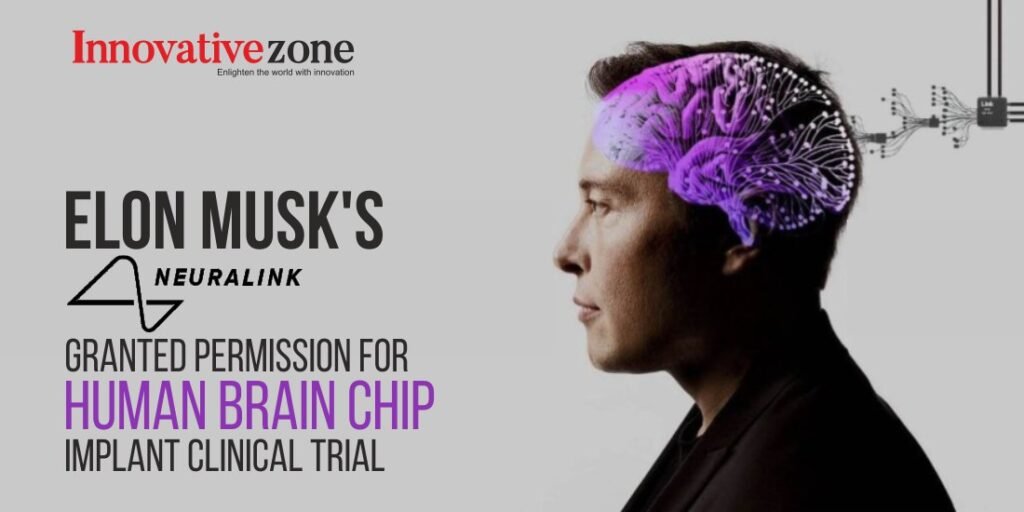Elon Musk’s Neuralink Granted Permission for Human Brain Chip Implant Clinical Trial
News highlights
- Neuralink, Elon Musk’s brain-chip startup, receives approval for its first human clinical trial, targeting paralysis caused by spinal cord injuries and ALS.
- Safety concerns lead to negotiations with the FDA over the number of trial participants, with the final count yet to be confirmed.
- Elon Musk’s long-term vision for Neuralink extends beyond paralysis treatment, aiming to use brain-chip devices for conditions like obesity, autism, depression, and schizophrenia.
Neuralink, the brain-chip startup founded by tech mogul Elon Musk, has received the green light to initiate its groundbreaking human trial, aimed at revolutionizing the lives of patients afflicted by cervical spinal cord injuries or amyotrophic lateral sclerosis (ALS). The momentous announcement was made on September 19, though the precise number of participants in the trial remains undisclosed.
Originally, Neuralink sought approval for a trial involving ten participants. However, concerns regarding safety raised by the U.S. Food and Drug Administration (FDA) led to negotiations for a smaller participant pool.
As of now, the final number of participants approved by the FDA remains unconfirmed. This significant development follows Neuralink’s earlier milestone in May when it secured approval for its first-ever human clinical trial. At that time, Neuralink was also under scrutiny for its animal testing procedures.
Experts have offered insights into the future timeline of the startup, suggesting that even if the Brain-Computer Interface (BCI) implant proves to be safe for humans, it may be a decade or more before commercial usage is authorized, according to reports from Reuters.
Neuralink’s visionary founder, Elon Musk, has articulated a long-term vision that extends beyond the treatment of paralysis. His ambitions encompass the rapid surgical insertion of chip devices designed to manage a range of conditions, from obesity and autism to depression and schizophrenia.
At the core of this pioneering trial lies a complex surgical process. A robot will precisely place the BCI implant into a specific brain region responsible for the intention to move. The immediate goal is clear: to empower test subjects to control a computer keyboard or manipulate a cursor solely through their thoughts.
This clinical trial is anticipated to span approximately six years, offering a comprehensive understanding of the implant’s safety and effectiveness. While skepticism persists, this venture adds a new dimension to the ongoing discourse surrounding how technology can be harnessed to address intricate healthcare challenges.
Must Read:-
- Top 10 Largest Oceans and Seas in the World
- Top 10 automobile companies in India 2023
- Top 10 Electrical Companies in India 2023
- Top 10 Real Estate Companies in India-2023
- Top 10 most awaited & upcoming Hindi web series 2023-24
- Top 10 Clothing Brands in India 2023
- Top 10 best cultures in the world-2023
- Top 10 best country to work and live in 2023
- Top 10 best country for education 2023
- Top 10 Most Followed Celebrities on Instagram 2023
- The Inspiring Success Story of Bear Grylls
- Top 10 Business Coaches in The World to Guide Entrepreneurs In 2023
- Top 10 movies based on True Stories you must watch before you die
- Top 10 Best Online Doctor Consultation Apps in USA


